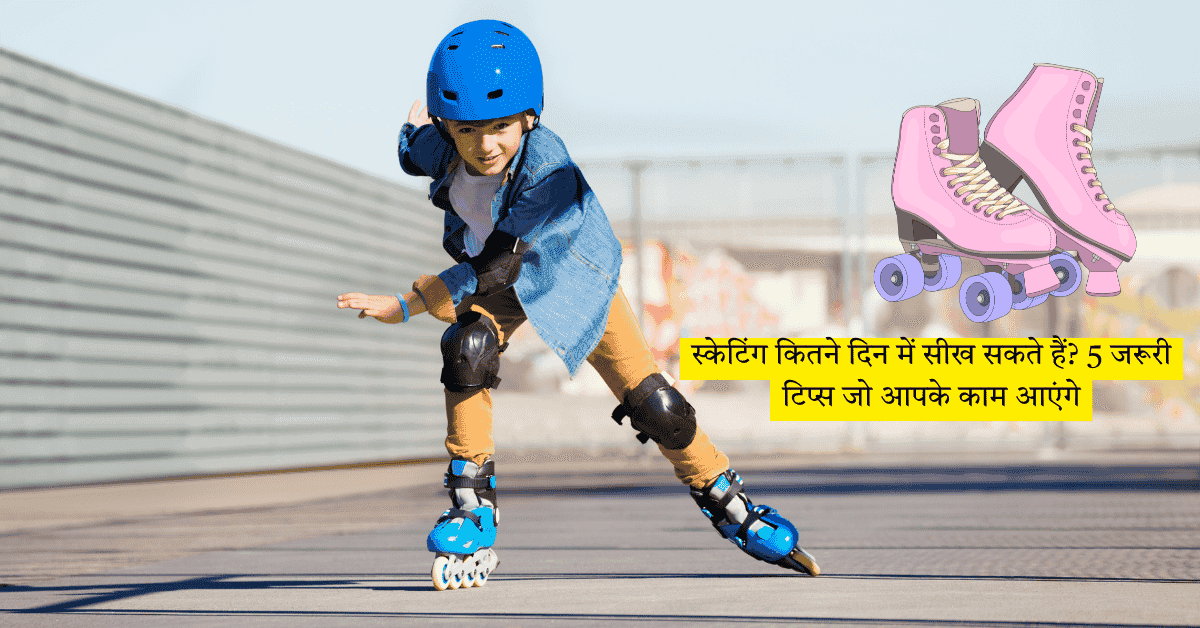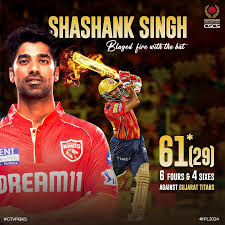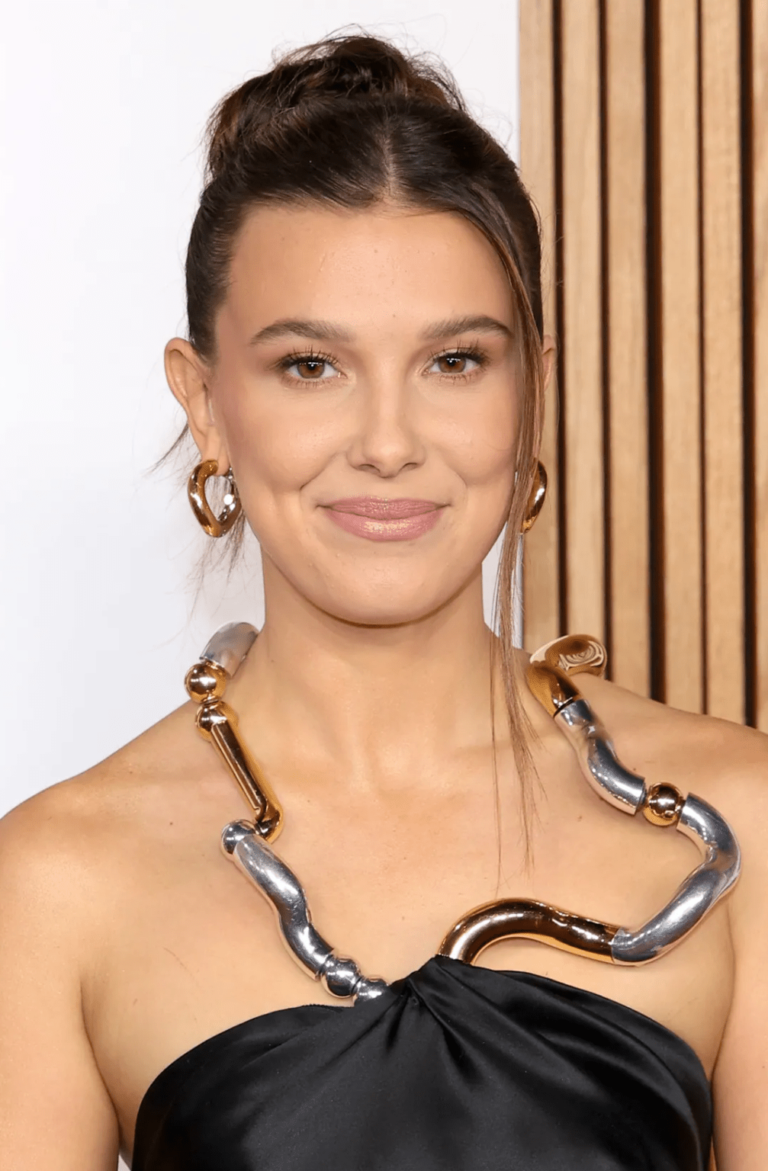
How Long Does It Take to Learn Skating? 5 Great Tips to Speed Up Your Journey!
How Long Does It Take to Learn Skating? 5 Great Tips to Speed Up Your Journey!
Introduction
Skating is a fun and exciting activity that can be enjoyed by people of all ages. However, the time it takes to learn skating varies depending on factors like age, dedication, and practice. In this blog, we’ll explore how long it takes to learn skating and share five great tips to make your skating journey faster and more enjoyable.

How Long Does It Take to Learn Skating?
Skating for Kids
- Starts at Age 4: Most skating rinks offer classes for children as young as 4 years old.
- Progression in the First Few Weeks: Many kids can learn basic skating skills within 2-3 weeks.
- Importance of Attention Span and Interest: A child’s ability to focus and their interest in skating play a big role in how quickly they learn.
Skating for Adults
- Importance of Regular Practice: Adults need to practice consistently to learn skating.
- Average 6-8 Weeks: With 2-3 hours of practice per week, most adults can learn basic skating skills in 6-8 weeks.
- Coach’s Guidance: Taking lessons from a coach can significantly speed up the learning process.
5 Great Tips to Learn Skating Faster
1. Choose the Right Gear
Wear comfortable and well-fitting skates. Proper gear ensures better balance and reduces the risk of injuries.
2. Prioritize Safety
Always wear a helmet, knee pads, elbow pads, and wrist guards to protect yourself from falls.
3. Practice Regularly
Practice at least 2-3 times a week to build muscle memory and improve your skills.
4. Be Patient
Falling is part of the learning process. Stay patient and don’t get discouraged by initial setbacks.
5. Join Group Lessons
Group lessons can be motivating and make learning more fun. You can also learn from others’ experiences.

Factors Affecting the Time to Learn Skating
- Age: Children tend to learn faster than adults.
- Attention Span: Those who can focus better learn quicker.
- Practice: Regular practice speeds up the learning process.
- Coach’s Experience: Guidance from an experienced coach can make learning easier.
How to Choose the Right Skating Gear?
- Comfort: Choose skates that fit well and provide adequate support.
- Safety: Ensure your gear includes a helmet, knee pads, elbow pads, and wrist guards.
- Quality: Invest in good-quality skates for better performance and durability.
How to Learn Skating: Step-by-Step Guide
1. Start with the Right Skating Shoes
Choose skates that are comfortable and fit well. Proper footwear is essential for maintaining balance.
2. Maintain Proper Posture
Keep your knees slightly bent and lean your body forward. This helps in maintaining balance and prevents falls.
3. Increase Speed Gradually
Start with small steps and gradually increase your speed as you gain confidence.
4. Learn Turns and Twists
To turn, tilt your body slightly in the direction you want to go. Practice this movement to improve your control.
5. Practice Falling Safely
Falling is inevitable when learning to skate. Learn to fall safely by spreading your hands and avoiding direct impact.
Frequently Asked Questions (FAQs)
1. How long does it take to learn skating?
It varies by age and practice. Kids can learn basics in 2-3 weeks, while adults may take 6-8 weeks with regular practice.
2. What gear do I need to start skating?
You need skates, a helmet, knee pads, elbow pads, and wrist guards for safety.
3. Can adults learn skating?
Yes, adults can learn skating with regular practice and guidance from a coach.
4. How can I improve my balance while skating?
Keep your knees bent, lean slightly forward, and practice regularly to improve balance.
5. Is it necessary to take skating lessons?
While not mandatory, lessons from a coach can help you learn faster and avoid bad habits.
Conclusion
Learning to skate is a rewarding experience that requires patience, practice, and the right gear. Whether you’re a child or an adult, following these tips can help you master skating faster. Remember to prioritize safety, practice regularly, and enjoy the process. Happy skating!






